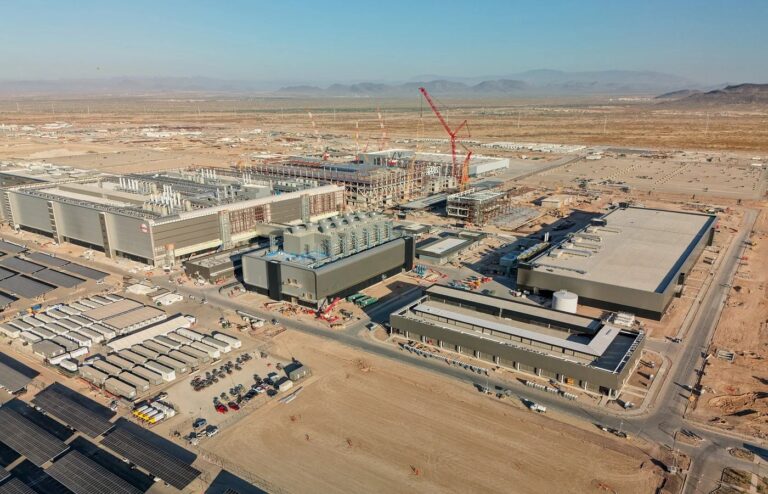
TSMC says there’s “no assurance” the semiconductors it contracted to manufacture for US firms won’t ultimately end up in devices made in China, and no tariff is going to change that. This includes the advanced AI chips the US fears could fuel Chinese military development.
“Our role in the semiconductor supply chain inherently limits our visibility and information available to us regarding the downstream use or user of final products that incorporate semiconductors manufactured by us,” TSMC wrote in its 2024 annual report.
“This constraint impedes our ability to fully ensure that semiconductors manufactured by us will not be diverted to unintended end use or end-user, including potentially by our business partners, or by third parties with an intent of circumvention.”
Why TSMC cannot identify the designer or final destination of chips it manufactures
TSMC does not design its own chips; instead, it serves as a contract manufacturer for chip designers globally, many of whom lack in-house fabrication capabilities. These chips are then sold for use in third-party devices, such as smartphones from Apple or Xiaomi.
SEE: TSMC’s $100B Investment in US Data Centers Sets Foreign Investment Record
TSMC says it cannot identify who designed a particular chip, nor where it will end up, based on the design information it receives when its services are requested. From its perspective, it cannot tell if a chip from a US-based designer NVIDIA will end up in a China-made phone; but if it does, the company may face a fine.
This is because several Chinese tech companies are on the US Department of Commerce’s Entity List, and providing them with American technologies requires an export license — one that TSMC may not possess. Licenses may also be required if TSMC uses US-developed tools to fabricate chips that are later sold to blacklisted firms.
Huawei is one of the Chinese companies on the Entity List and, in October 2024, TSMC was reported to have manufactured a chip found in Huawei’s Ascend 910B processor, according to Bloomberg. It could face a $1 billion fine for the error, according to Reuters. TSMC’s annual report says it has since been “cooperating with the authorities’ requests for additional information and documents.”
Tariffs and fines could harm TSMC’s business
In its annual report, TSMC states changes to trade policies, including export controls and tariffs, will negatively impact its business, either through loss of sales, reputational harm, or penalties. “For example, U.S. President Donald Trump announced in 2025 an intention to impose more expansive tariffs on imports into the United States,” it wrote.
“Any tariffs imposed on imports of semiconductors and products incorporating chips into the United States may result in increased costs for purchasing such products, which may, in turn, lead to decreased demand for TSMC’s products and services and adversely affect its business and future growth.”
Electronic products are currently exempt from the 10% global baseline tariff and larger reciprocal tariffs imposed on countries with which the US has a trade deficit. Nevertheless, the president has stated that these exemptions are temporary and that a bespoke semiconductor tariff will be enforced in the “very near future.”
Shortly after the tariffs announcement, NVIDIA revealed that Washington required it to obtain a special export license before selling certain AI chips to China. The US is keen to maintain its sovereignty in the chip market by blocking China from access to NVIDIA’s state-of-the-art hardware. In addition to financial motivations, the country has also raised concerns about China developing AI for military purposes.
SEE: China’s AI Ambitions Curbed as US Cracks Down on Military-Linked Tech Firms
TSMC said its operations have not yet been “materially affected” by recent trade policy changes. “Nevertheless, depending on future developments in global trade tensions, such regulations, rules, or measures may have an adverse impact on the Company’s business and operations, and TSMC may incur significant legal liability and financial losses as a result,” it added.

